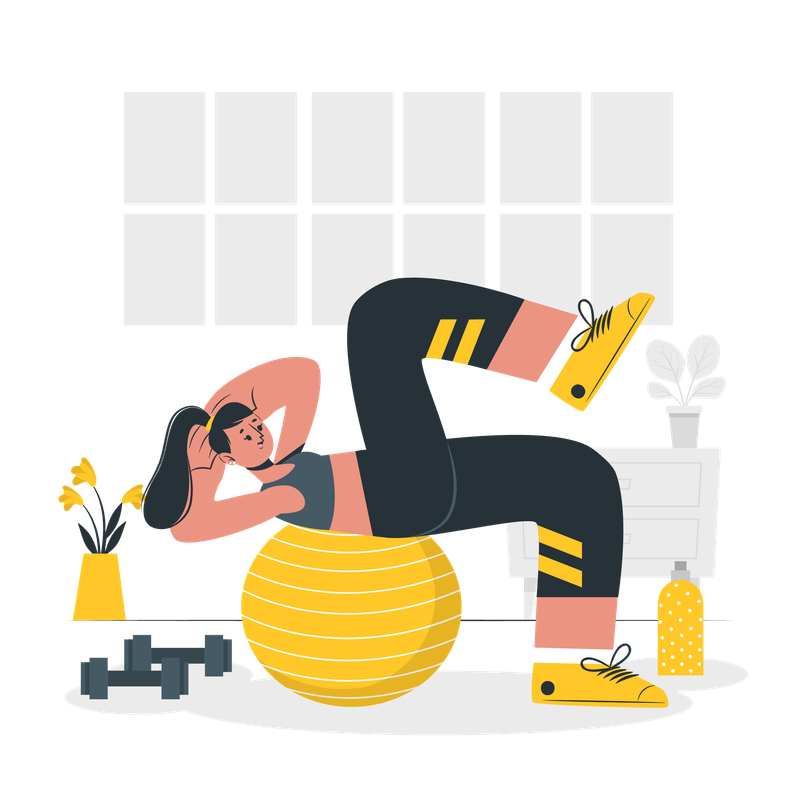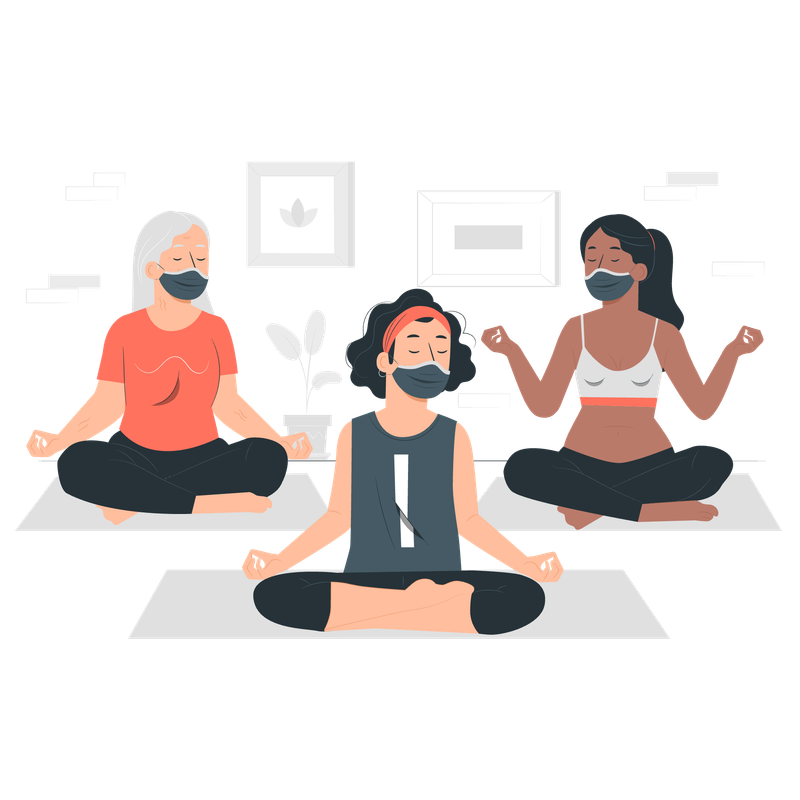Let’s be real—how many times have you told yourself, “Yoga just isn’t for me”? Maybe you feel too stiff, too out of shape, or you're dealing with health issues that make movement hard. If that sounds like you, you’re not alone. But here’s the truth: yoga isn’t about perfection. It’s about progress—and anyone can start, no matter your age, weight, or health condition.
Why People Avoid Yoga (and Why Those Reasons Don’t Hold Up)
From flexibility struggles to health concerns, the reasons people shy away from yoga are understandable—but they’re also beatable. Yoga is one of the most adaptable forms of movement. You don’t have to be bendy or fit; you just have to begin.
1. “I’m Not Flexible Enough”
Here’s a little secret: most people aren’t flexible when they start yoga.
Modern life keeps us sitting more than moving, which tightens up our muscles and joints. But that’s exactly why yoga is helpful gently stretches and strengthens your body over time.
How to start:
Use yoga blocks or bolsters to modify poses.
Start with beginner-friendly styles like Hatha or Restorative Yoga.
Don’t worry about touching your toes—can you reach your knees? That’s progress.
Flexibility isn’t a requirement—it’s a result.
2. “I’m Overweight”
Think you have to look like a fitness influencer to do yoga? Nope.
Yoga is for every body. More studios are now offering plus-size or body-positive classes. Instructors are trained to offer pose modifications that match your current size and fitness level.
Benefits for larger bodies:
Builds confidence and comfort in your own body
Supports weight loss and muscle tone
Improves mobility and joint health
Yoga isn’t about looking a certain way—it’s about feeling stronger, calmer, and more in control
3. “I Have a Health Condition”
From arthritis to chronic fatigue, many people believe health issues disqualify them from yoga. But often, gentle movement is exactly what the body needs.
How yoga can help:
Improves circulation and reduces inflammation
Eases joint stiffness and muscle fatigue
Boosts mental well-being and reduces stress hormones
Start with slow, breath-focused practices like Yin Yoga or Chair Yoga. Always talk to your doctor first, and find a certified instructor who understands your condition.
Yoga is medicine for the mind and body—no matter what you're dealing with.
4. “I’ll Embarrass Myself in Class”
Feeling self-conscious is normal when trying something new. But remember, yoga studios are filled with people just like you—beginners, imperfect, and working on themselves.
Tips to ease in:
Try online beginner classes at home first
Bring a friend to class
Focus on how you feel, not how you look
Everyone starts somewhere. You don’t have to be perfect—you just have to show up.
5. “I Don’t Know Which Type of Yoga Is Right for Me”
With so many styles—Hatha, Vinyasa, Restorative, Kundalini—it’s easy to feel overwhelmed. The key? Pick one that suits your energy level and goals.
Here’s a quick guide:
Hatha – Great for beginners; slower-paced and easy to follow
Restorative – Gentle and relaxing; perfect if you’re tired or healing
Vinyasa – More active and flowing; great for building strength and cardio
Chair Yoga – Ideal if you have mobility or balance issues
The best yoga for you is the one you’ll actually enjoy and stick with.
Takeaway Summary
✅ You don’t need to be flexible, thin, or super healthy to start yoga
✅ Yoga is adaptable for every body type and condition
✅ It’s more about inner strength, healing, and consistency
✅ There’s always a style that fits your lifestyle and level
FAQ
Q: Can beginners really start yoga if they’re not flexible?
A: Absolutely. Flexibility comes with practice. Start slow and use props.
Q: Is there yoga for plus-size bodies?
A: Yes! Many studios now offer inclusive, body-positive yoga classes.
Q: Will yoga help with chronic pain or illness?
A: Gentle yoga can reduce pain, improve mobility, and boost overall health. Always check with your doctor first.
Q: How do I know which yoga style to choose?
A: Start with Hatha or Restorative if you’re unsure. Try a few and see what feels best.
Final Words
Yoga doesn’t care what shape, size, or situation you’re in—it just asks you to try.
If this inspired you, share it with a friend who thinks they can’t do yoga. And tell us in the comments: What’s been holding you back?





